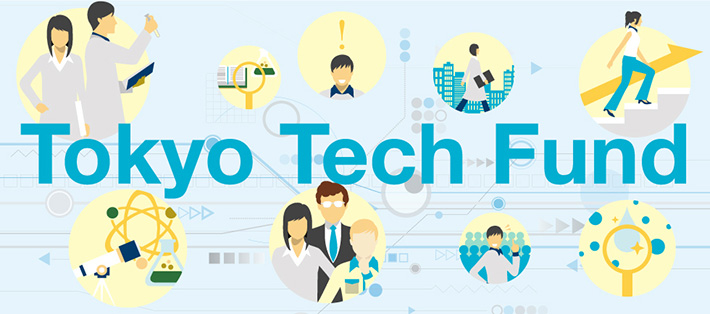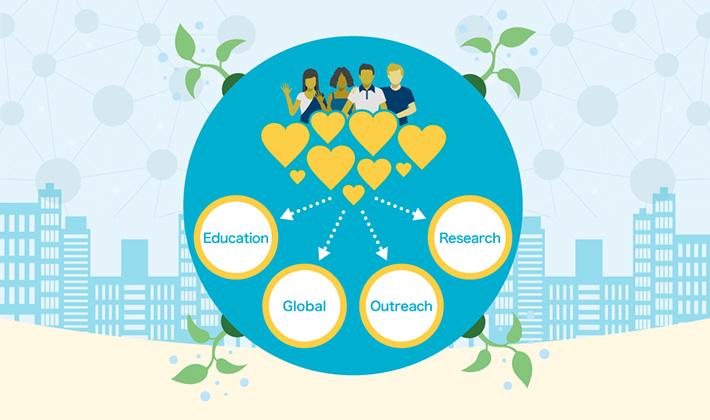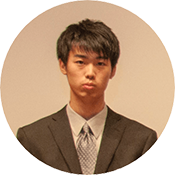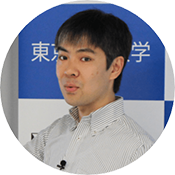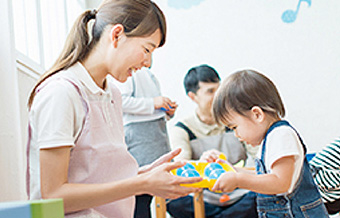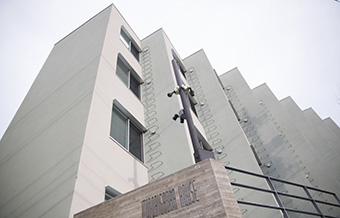STAR (Support for Tokyo Tech Advanced Researchers) Grants
Associate Professor Kazuhiko Maeda, School of Science
Being selected as a Tokyo Tech Fund-supported STAR (Support for Tokyo Tech Advanced Researchers) Grant recipient has given me the reassurance I need to follow my research where it leads. Because the grant does not attach conditions like those of other competitive grant funds, I can explore an inspiration or idea wherever it leads me. This freedom is an extremely generous benefit for any researcher and prompts me to drive my research even further.
Fascinated by photocatalysts and electrolysis, I have now spent over 15 years seeking photocatalysts that can effectively exploit visible light, the spectrum that accounts for the major part of natural sunlight. My research particularly focuses on the synthesis of previously unknown compounds for use as photocatalysts and the architecture of new photocatalytic systems, such as fused materials of solids and molecules.
Photocatalysts are now an area of interdisciplinary research, but we really lacked any interaction with other fields until about 10 years ago. Steady interdisciplinary integration as of late has helped tremendously to advance photocatalyst research. I have been able to make great progress in my research through cooperation with researchers of chemical complexes and solid-state physics. The overlap between different fields is where the action is – where new ideas take shape.
Researcher Profile | Tokyo Tech STAR Search – Kazuhiko Maeda
. Any information published on this site will be valid in relation to Science Tokyo.


